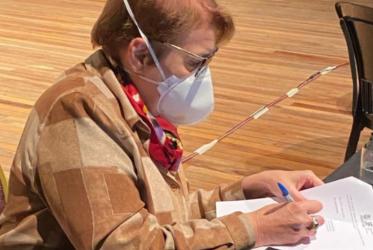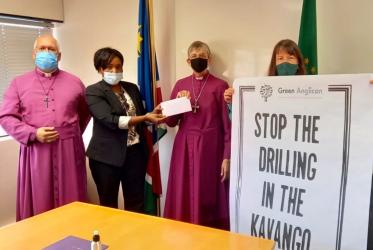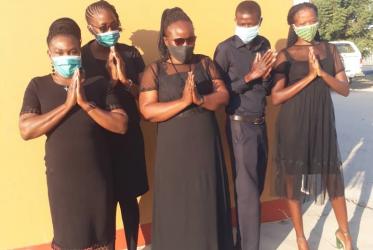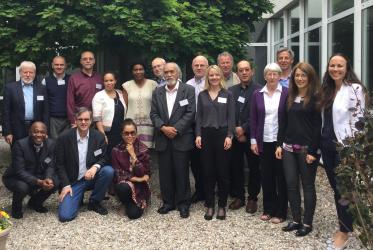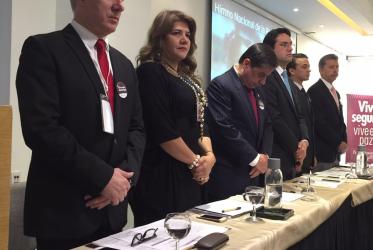Displaying 1 - 20 of 25
Thursdays in Black is growing in Namibia
20 August 2020
Interfaith Rainforest Initiative expands
12 February 2019
WCC Eco-School encourages youth to become eco-ambassadors
08 November 2018
#WCC70: A story of life
07 June 2018
#WCC70: Churches as “freedom agents”
12 February 2018
New Executive Committee members elected in Trondheim
28 June 2016
Ecumenical educators plan global institute
25 May 2016
Faith organizations to play crucial role in Colombia peace process
09 November 2015
WCC commission leadership selected
13 August 2014
